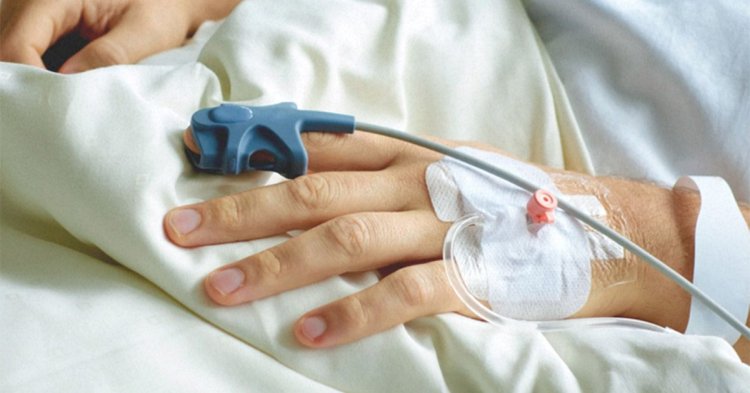Some Healthcare Can Safely Wait And Some Absolutely Can’t
Over the last few years, our healthcare habits have been turned upside down. Routine cervical cancer screenings, cholesterol checks, and blood sugar tests have dropped by nearly 70% nationwide. Elective surgeries? Canceled or postponed. Routine physicals and preventive screenings? Pushed months down the road.

This wasn’t by accident. Many people chose to stay home—either to avoid catching something, to protect others, or because clinics and hospitals closed their doors except for emergencies. Even now, some people hesitate to book appointments, worried that stepping into a doctor’s office could expose them to illness.
So here’s the real question: Which healthcare can you safely delay, and which needs your immediate attention?
What Can Safely Wait
Routine Screening Tests
If you’re a few months late on your mammogram or screening colonoscopy, chances are your health won’t take a hit—especially if you’re at average risk. That said, it’s worth checking in with your doctor to confirm what’s safe for your situation.
Pro tip: For colon cancer screening, home-based stool tests that check for hidden blood or abnormal DNA can be a stopgap until you get the full procedure.
Routine Vaccinations

Most adult vaccinations can be delayed briefly without major risk. The exception? Time-sensitive doses like the second shot in the shingles vaccine series—which should be kept on schedule.
Annual Physical Exams
If you feel well and have no concerning symptoms, skipping or postponing your annual checkup for a few months is generally fine. In fact, there’s ongoing debate about how useful yearly physicals are for healthy adults.
Elective Surgeries
Procedures like knee replacements for arthritis pain can wait if you can still function with medication or therapy. But not all “elective” surgeries are created equal—your doctor can help you decide what’s safe to push back and what isn’t.
The Rise of Telehealth
One silver lining? Telehealth has stepped into the gap beautifully.

What Can’t Wait
Some health concerns require in-person care—period. You can’t drain an abscess, perform surgery, or accurately examine a suspicious lump over Zoom.
Delaying care for certain symptoms can be dangerous, even life-threatening. Yet ERs have seen fewer patients for heart attacks, strokes, and other critical conditions—likely because people are afraid to come in.
If you experience any of the following, do not wait call 911 or go to the ER immediately:
Trouble breathing
Sudden, severe abdominal or pelvic pain
Unexplained loss of consciousness or confusion
Sudden weakness in your face, arm, or leg, or trouble speaking
Loss of vision
Uncontrollable bleeding
Coughing or vomiting blood
Suicidal thoughts or actions
The Bottom Line
The pandemic has taught us which types of care can be handled virtually, which can safely be delayed, and which need urgent attention—lessons that will likely reshape healthcare for years.
Telehealth is here to stay. Preventive care may become more streamlined. And some appointments we thought were “must-have” might turn out to be optional after all.
But one rule never changes: if something feels seriously wrong, get help—fast. Your health is worth the trip.
What's Your Reaction?




















